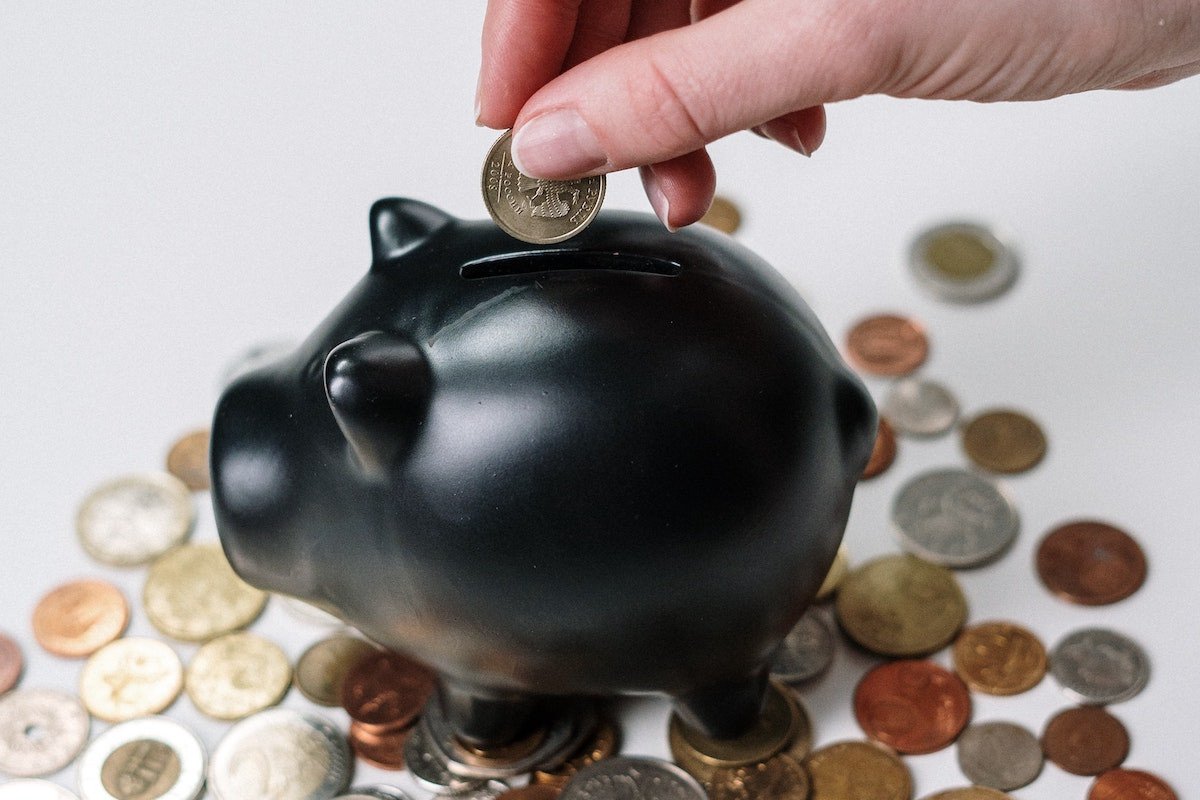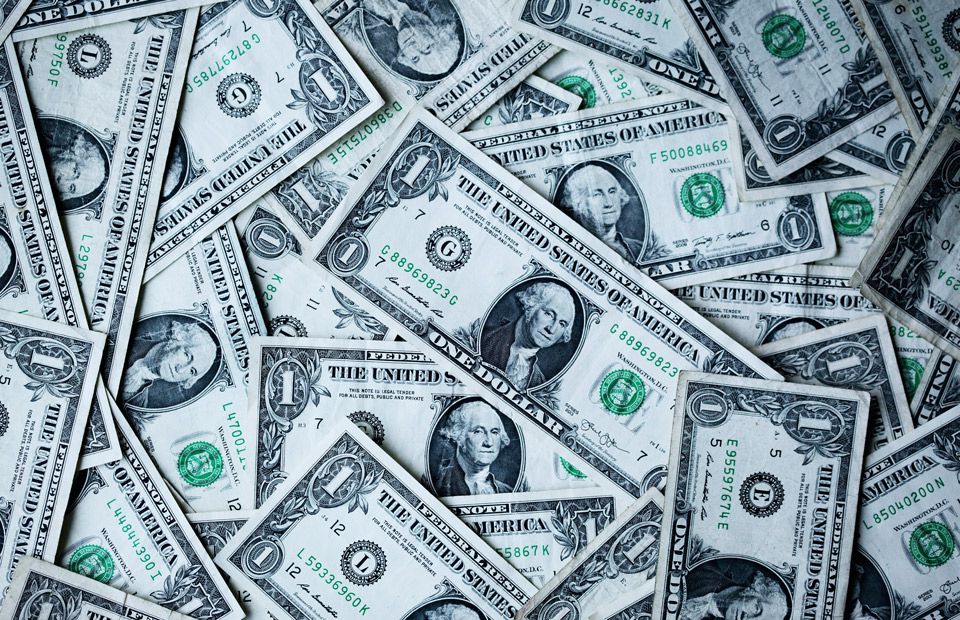Does it feel like we're always preparing for a recession?
The scale of job losses is likely to hit unprecedented levels in the coming weeks and months as business activity is brought to a sudden halt in an attempt to lessen the spread of the COVID-19 pandemic.
While we can’t predict when the coronavirus will be contained or regular life might be upon us again, we can help you prepare yourself and your finances for an upcoming recession and potential job loss.
So let’s discuss the top things you can do to make sure your finances are in good shape if (or when) a recession hits.
Will There Be a Recession?
The Coronavirus outbreak has triggered extreme fear in financial markets as investors face an unsettling reality: The pandemic, unprecedented in modern times, could tip the world into a recession. With the Coronavirus encouraging people to stay at home and avoid travel, slashing demand for flights, hotel rooms, and restaurant bookings, there is hardly a business or person that isn't being impacted.
The longer the pandemic lasts, and the more dramatic the efforts are to contain it, the more profound the effects will be for the global economy. Right now, the situation is highly uncertain.
What is certain? We wanted to get some sort of sold answer so we turned to Shannon McLay of
The Financial Gym, a personal financial services company that takes a fitness-inspired approach to our clients' finances. Like a regular gym, you pay a monthly membership fee; but unlike a regular gym, your monthly fee includes a dedicated financial trainer, we call it your “B.F.F”— best financial friend.
McLay confirmed that she believes we are headed for a recession, however, unlike the financial crisis of 2008 where banks and business slowly ramped up again, the timing for recovery is largely still unknown. We are all waiting to see how this fast-moving environment and the coming policy response from the government will impact how long this recession lasts.
The best thing to do now? Get your finances prepared. Here are three ways you can do that.
1. Have Your Worst-Case Scenario Plan in Place
McLay recommends that you start by cutting expenses that you don’t need—and might not be using right now. This could include a gym membership, monthly subscriptions and services, or anything that is more of a “want” than a “need.” Scale back on your non-essential spending and find creative ways to
save money on food. This could be generic brands or meals that can be stretched. This is also a good time to review your last six months of expenses to find hidden charges that you can cancel or edit moving forward as you
review your budget.
Next, have an
emergency fund. If you have debt that is 0% or low interest, consider holding off on additional payments and focus that money on building savings. Redirect travel or short-term savings to your emergency fund temporarily. Pause or reduce your investment contributions to focus on emergency savings. Prioritize emergency savings as you work through your plan with the goal to have 12 months of savings in your emergency fund. If you don’t have any savings, consider
trying these six things to creatively start making one.
2. Don’t Let Retirement Accounts Stress You Out
Start by reviewing your life goals. If we’re in a recession, McLay says to focus on where you want to be in the next year only—everything else has time to work itself out. For people who are 10+ years away from retirement, hold off on making any adjustments to retirement accounts. If you are currently retired or within 10 years of retirement, discuss with a financial advisor before making any moves. Financial advisors can help by looking at all your accounts, considering your goals, and then making a plan that works for you.
McLay also recommends that you hold off on doing retirement account rollovers for now and try your best to
make financial decisions with a rational, calm mindset rather than from a place of fear, panic, or scarcity. This might mean you need to not look at your retirement account... for now.
3. Take Advantage of Government Aid
Government aid is slowly rolling out so the best way to stay updated is by visiting
www.usa.gov.org, however, here’s one amazing thing we do know about student loans! Effective March 13, 2020, student loan interest will be waived and this is great news for younger borrowers where most early student loan payments are made up of interest.
Also, student loan interest accrues daily, so this is truly a savings for people with student loan debt. The student loan servicers are still figuring out how to try to implement this, but borrowers will see an immediate impact on their expected payments once they do.
Bottom Line
It’s hard to predict how long coronavirus, a recession, and job losses will occur, but one thing we do know, it’s always a good time to make sure your financial portfolio is prepared. If someone personally feels nervous that there’s change on the horizon, it’s always a good time to review to start preparing your finances and find ways to put yourself in a stronger financial position.











